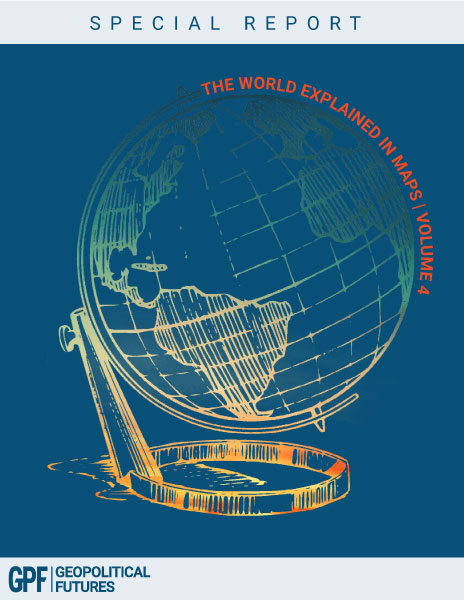Farmer protests have recently surged across Europe, shaking its agricultural heartlands. In Poland, a deep and broadening coalition of farmers is forming against the influx of cheaper, reputedly lower-quality Ukrainian agricultural goods that are threatening their markets. Farmers in the Netherlands were agitated even before the war in Ukraine, triggered by Dutch government plans to cut nitrogen emissions. In Germany, the last straw was when Berlin, under intense political pressure to start balancing the budget, suggested axing fuel subsidies for farmers. Taken together, European farmers are facing rising costs against falling prices; they fear that pro-climate laws will lead to their disenfranchisement; and they feel they are suffering disproportionately from Europe’s approach to supporting Ukraine’s wrecked economy.
The approaching European Parliament elections in June have started to energize the European Commission and national governments, which lately have been quick to make concessions to get tractors off the highways. But the farmers are not satisfied, and opposition parties – most notably those from the far right – are hoping to benefit, starting this summer.






